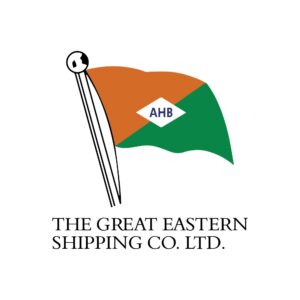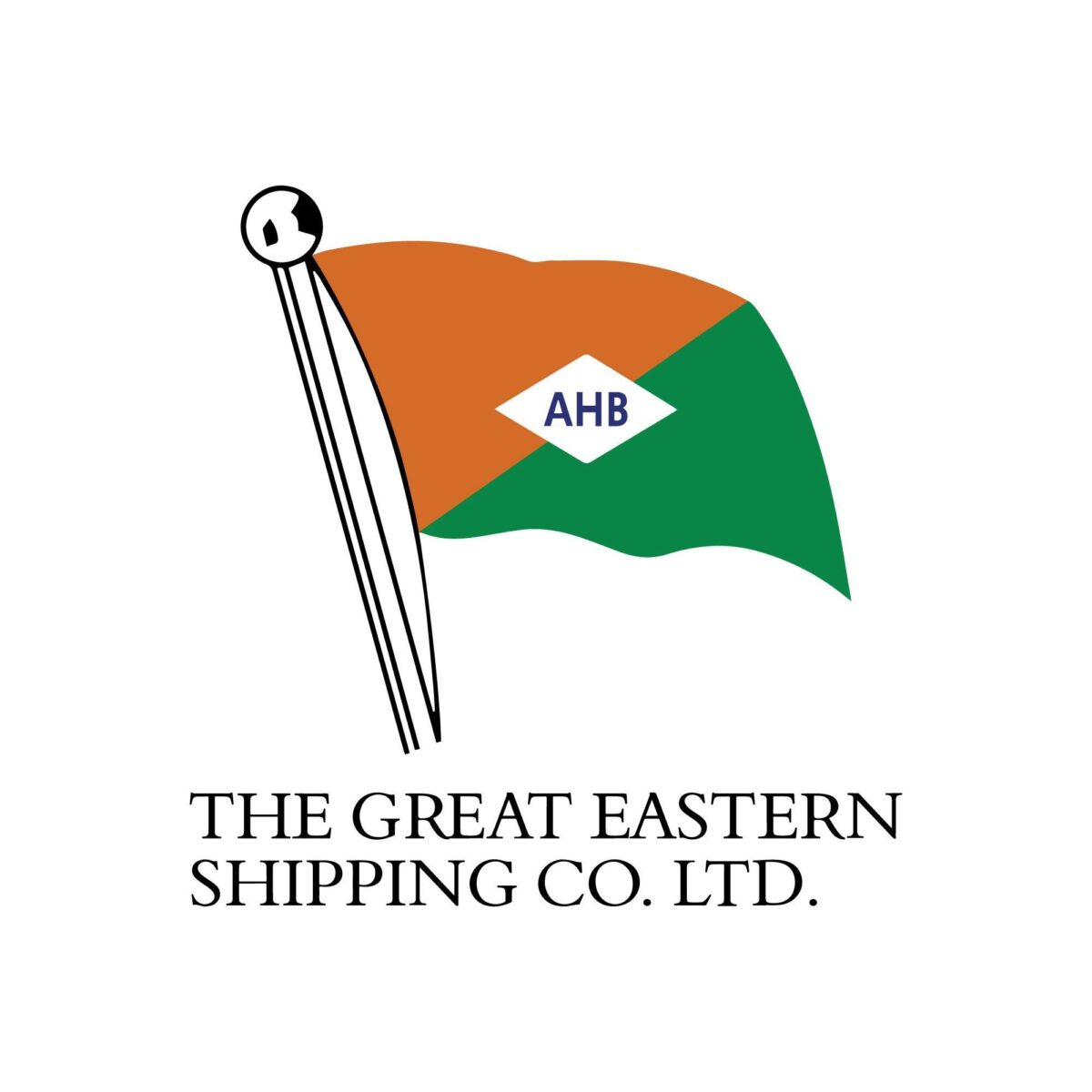
When asked about the decline in the top line by almost 15% in the recent quarter, Shivkumar, CFO, GE Shipping, said while speaking to CNBC, “The weaker quarter compared to Q2 of the previous year is attributed to seasonality. Typically, Q1 and Q2, the summer months, tend to be weaker in the tanker markets, unlike the winter months. Last year was an exception, resulting in a strong Q1 and Q2. The relative weakness this year is in line with the usual seasonality.”
When asked about the outlook for the second half and if he saw any chance of a recovery, Shivkumar said, “As of now, the crude tanker markets are stronger than the last quarter, while
the product tanker markets are not as robust. The expectation is for demand to come in over the winter months, especially for the majority of our fleet in the tanker market. Despite results
being worse than the previous year, it’s more reflective of last year’s unusually strong Q2 for the tanker market.”
When asked if the industry entering a super cycle as NAVs had crossed 1000 rupees, Shivkumar said, “While I avoid using the term ‘super cycle,’ the fundamentals are aligning favourably. The
order book is historically low, asset prices are high, and we’ve crossed 1000 rupees per share, a notable milestone. This combination suggests a positive outlook from the supply side. However, the demand side, influenced by economic pressures and global situations, remains uncertain.”
When questioned about the outlook for the dry bulk market, and the impact of the situation in the Middle East on the crude or product side, Shivkumar said, “For dry bulk, it’s primarily
influenced by Chinese steel consumption, which has been weak, but iron ore and coal imports have increased. The situation is sensitive to Chinese economic policies, and recent talks of
stimulus packages might influence the market. On the tanker markets, there’s no clear causation, but recent spikes in crude tanker rates could be linked to nervousness around the
Middle East situation, leading to stockpiling.”
Speaking about tanker markets, Shivkumar said, “In the last two weeks, crude tanker markets have seen significant rate increases, possibly due to nervousness related to the Middle East situation. Rates for SuezMax tankers, for example, have surged from $30-35,000 a day to around $55,000 a day in the spot market. However, the exact cause remains uncertain.”

